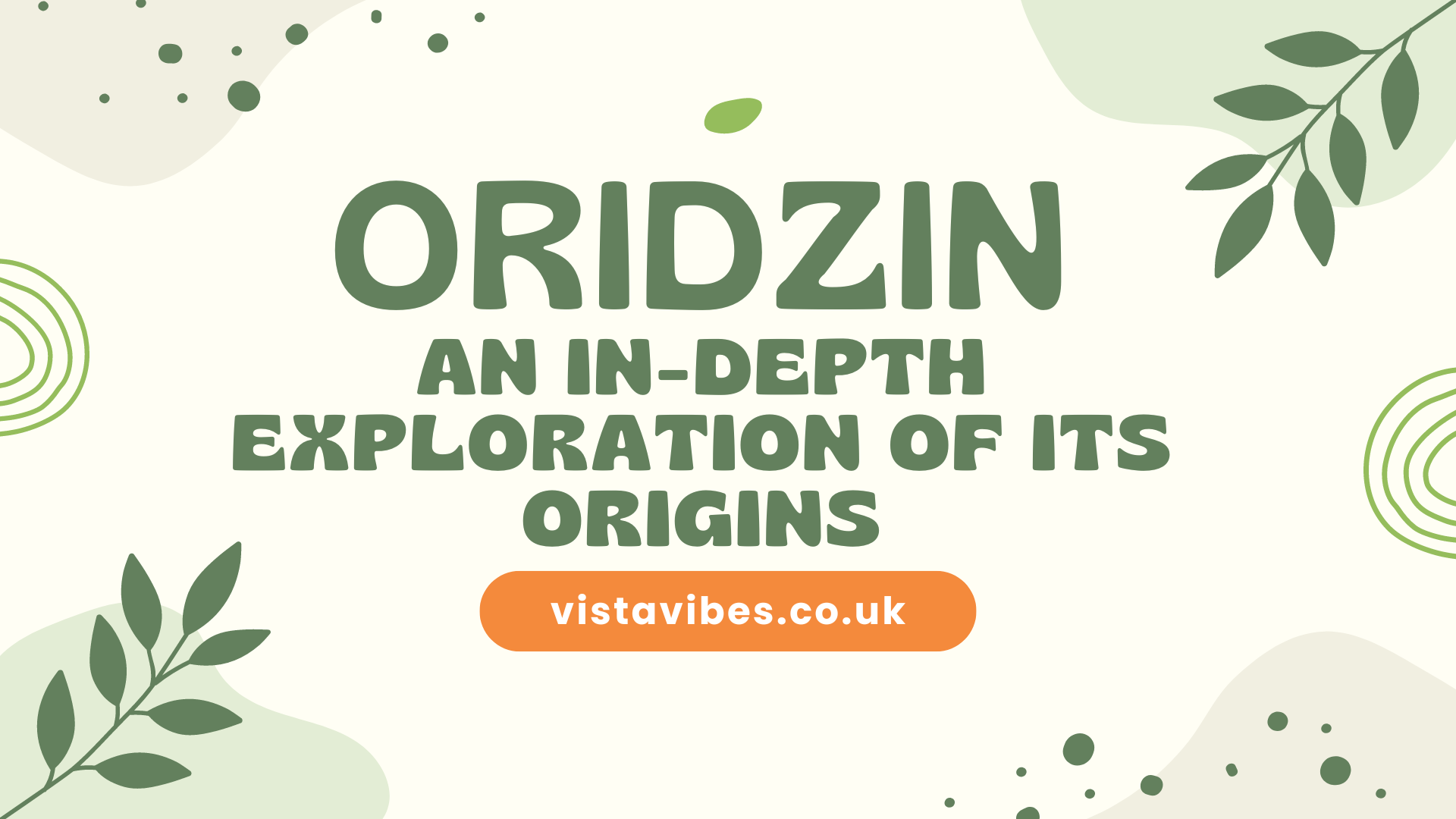Oridzin, the term that has been sparking interest in many, is actually very deeply rooted in history and culture. The concept of Oridzin certainly does not refer to a word but is a rostrum of stories, traditions, and scientific discoveries that have molded its meaning down the lanes of history. This paper traces the all-inclusive history, cultural significance, and scientific relevance of Oridzin.
Historical Background of Oridzin
Ancient Origins
The origins of Oridzin can be routinely traced to ancient civilizations. Historical records have proved that the term was first used by early scholars in Mesopotamia. These early mentions were often accompanied by mythological narratives where Oridzin was believed to be a mystical force or entity.
Ancient Greece is said to have recorded discussions by great philosophers Aristotle and Plato on the nature of Oridzin, treating it as the bedrock of their metaphysical studies. These discourses set the foundation for later interpretations and research.
Medieval Interpretations
Oridzin in a medieval period was wrapped with mystic and religious context. With the help of spiritual dogmas, scholars and theologians explained Oridzin. In the context of alchemy, Oridzin was often referred to as the essence or magical prima materia, the basic substance needed for turning base metals into gold.
Much more esoteric interpretations of Oridzin came from the writings of alchemists such as Paracelsus and Nicholas Flamel, relating it to the pursuit of a proof of the Philosopher’s Stone and the panacea of Elixir of Life. These interpretations have shaped modern perceptions and the continuous quest for deeper understanding.
Renaissance and Enlightenment
Extraordinary change of attitude towards Oridzin which characterizes the renaissance features was phenomenal. With science and reason taking the front line, Oridzin began to be associated with the emergence of the universe and life in general. The Works by Copernicus, Galileo, and Newton heralded an empirical approach to the study of Oridzin.
In that sense, this empirical quest in the Enlightenment by thinkers like Descartes and Kant framed Oridzin in terms of human reason and scientific inquiry. Their works provided a great impetus to the shifting of the concept of mysticism to science.
Cultural Significance of Oridzin
Oridzin in Literature and Arts
Oridzin has equally left an indelible mark on literature and the arts. Across many ages, writers and poets returned to the theme of Oridzin countless times as a powerful metaphor for one’s search for identity and purpose. Authors such as Dante in his “Divine Comedy” and Milton in his “Paradise Lost” used Oridzin as symbolic of deep discoverance and enlightenment.
Though from Renaissance paintings to contemporary installations, Oridzin becomes an eternal leitmotif in visual arts. Starting from Leonardo da Vinci and Michelangelo, elements of Oridzin in the masterpieces of the greatest geniuses of that time underlined common aspirations for knowing the truth.
Modern Culture and Oridzin
Oridzin remains inspiring and tantalizing to modern man. It is very pervasive in contemporary popular culture, from the movie screen to televisions and literature. Movies like “The Matrix” and “Inception” delve into the philosophical aspect of Oridzin through the understanding of reality and existence.
The digital age has also seen sprouting in technology and innovation for Oridzin. Ideas like the creation of artificial intelligence or the foundation of the internet hang in the air as remnants of a timeless question for Oridzin.
Oridzin under the prism of science
Oridzin in Cosmology
From a scientific perspective, however, Oridzin is best considered in cosmology. The theory of the Big Bang is one of the least understandable scientific theories that explain the creation of the universe and belongs to the fundamentals of modern astrophysics. This theory holds that the universe began as an infinitely dense point about 13.8 billion years ago and has been expanding since then.
This is in the cosmic microwave background radiation and the distribution of galaxies that scientists studied the early moments of the universe, whereby they could piece together the story of Oridzin.
Biological origins
In biology, Oridzin is tackled in a course on the origin of life on Earth. Some of the theories are about abiogenesis and panspermia, related to how life emerged from non-living matter. The discovery of extremophiles broadened our concept of the possibility for life in extreme environments.
It is whereas evolutionary biology goes further to investigate diversification from common ancestors: Oridzin of species through the process of natural selection and genetic variation.
Oridzin in Quantum Physics
Quantum physics gives yet another if not more exciting perspective of Oridzin. Quantum field theory and string theory try to explain the essential particles and forces that comprise the universe. The notion of Higgs boson and multiverse hypothesis extend the conventional knowledge of Oridzin, pointing towards some complicated and interrelated reality.
Philosophical Reflections of Oridzin
Existential Questions
The concept of Oridzin still haunts philosophy domains, more so in existentialism. Philosophers like Jean-Paul Sartre and Friedrich Nietzsche have discussed matters about Oridzin on human existence and free will. Their works raise poignant questions about life’s meaning and the nature of consciousness.
Metaphysical Inquiry
Metaphysical questions about Oridzin try to go down to the very roots of reality and existence. Great philosophers, among whom one should mention Heidegger and Whitehead, contributed much to the understanding of being and becoming by relating Oridzin with inescapable, continuous change and transformation.
Conclusion
The comprehension of Oridzin weaves a vast tapestry with interwoven historical, cultural, scientific, and philosophical threads. From the very ancient roots of myth and mysticism to modern interpretations by science and technology, Oridzin has remained a central theme for man’s quest for knowledge and understanding. Entailing from the depths of this profound concept, as we go further into our exploration, we are rediscovering the beginning of the universe, life, but above all, our very existence.






